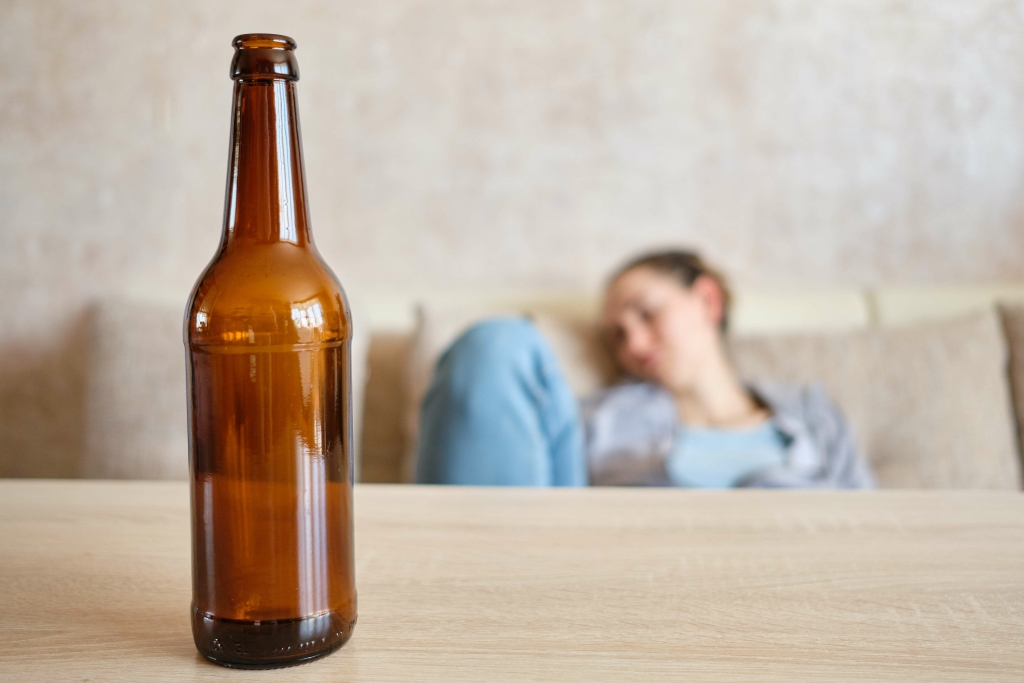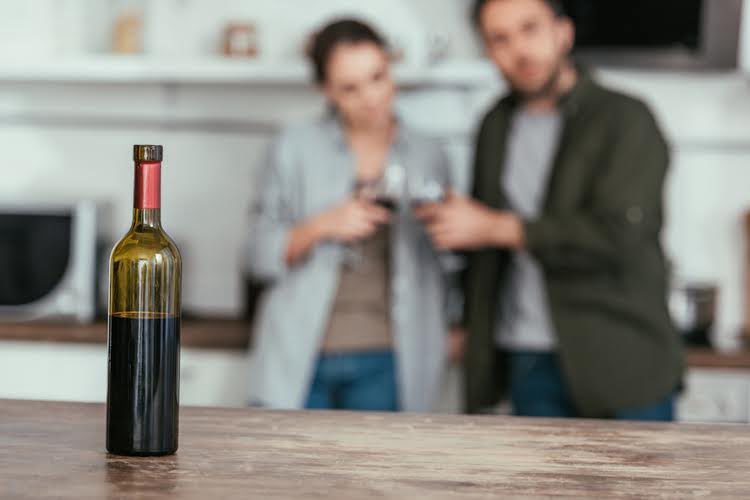Alcohol and Skin Problems What’s the Connection?
You may experience flank pain and pain or difficulty during urination. Severe or recurring kidney infections may require hospitalization or surgery. It’s important to understand the reason for your discomfort in case it’s a sign of something serious. Read on to learn more about these conditions and how to treat them. That should keep it from becoming worse than if you kept running around.
Does moderate alcohol consumption pose a risk for bruising?
While throwing up can make you feel miserable, it is one of your body’s self-defense mechanisms to remove excess toxins from the alcohol consumed. Alcohol is one possible culprit for heartburn because it may lead to increased production of stomach acid. It can also relax the muscles leading towards your stomach, increasing the likelihood of leaking stomach acid. For https://verityinspection.ca/the-abstinence-violation-approach-non-12-step-drug/ some of us, half a dozen drinks during a night out aren’t yet enough to faze us. And yes, you may feel great and energized upon waking up—but that doesn’t mean you didn’t have too much to drink the night before. If you’re ready to take the first step on your road to recovery, we’re here for you.
- Additionally, heavy drinkers usually get most of their calories from alcohol.
- However, if the person drinks alcohol again heavily, the fatty deposits will reappear.
- It’s essential to consider these factors in conjunction with alcohol consumption when evaluating the cause of bruising.
- CRP is recognized to be an inflammatory acute-phase protein, remarkably of hepatic origin.
Sit carefully
A diet rich in vitamin C, vitamin K, and zinc may support healthy blood vessels and potentially reduce the risk of alcohol-related bruising. Yes, alcohol reduces your blood’s ability to clot by impairing platelet production and liver function. This makes even minor injuries result in noticeable bruises after drinking alcohol.
What’s the Potential Problem With Botox and Alcohol?
If you’re struggling to control your drinking or are worried about the health effects, reach out for professional help. It can be confusing and worrisome to find unexplained bruises after drinking alcohol. This article will help you understand why bruises occur after drinking, what are bruises after drinking, give tips on how to prevent them, and let you know when to visit a doctor. Let’s break down the mystery of these bruises and Alcoholics Anonymous learn to take better care of your body. Alcohol and unexplained bruising could point to liver damage from drinking.

… But if you often drink a lot of alcohol and you tend to bruise easily, it may mean you’ve got liver problems. For example birth control pills had a mild effect on clotting factors but if you are taking them in combination with alcohol this can intensify their effect and cause you to bruise. Liver is the factory that produces almost all of the clotting factors. So you may be more likely to bruise, but do you bruise easier when drunk?
- If you are having difficulty avoiding alcohol, there are resources that can help you quit.
- Alcoholic hepatitis occurs when the liver becomes damaged and inflamed.
- People with leukemia are more likely to bruise because their bodies don’t make enough platelets to plug bleeding blood vessels.
- Combining alcohol with sedative medications can be dangerous or even fatal as it could lead to hypoventilation or not being able to breathe deeply at night.

If necessary, your doctor can pierce your nail to drain the blood and fluid built up underneath. Don’t do this yourself because you could hurt yourself further, cause an infection, and slow your healing process. One study showed that the development of a yellow color was the most noticeable change in a bruise over time.
Alcohol Usage and Blood Thinning
Blood-thinning medications, such as aspirin or warfarin, when combined with alcohol, can further thin the blood and increase susceptibility to bruising. While alcohol may have numbing effects that temporarily reduce pain, its overall impact on bruising is negative due to its blood-thinning properties. Yes, alcohol consumption can thin the blood and make blood vessels more susceptible to rupture, increasing the likelihood of bruising. We treat alcohol addictions and mental health issues in an outpatient setting. When you get a bruise, an injury crushes blood vessels, but the skin doesn’t alcohol and bruising break, so there’s no external bleeding.

